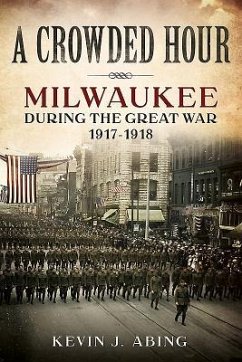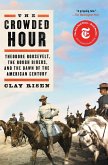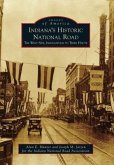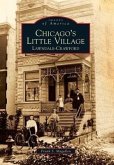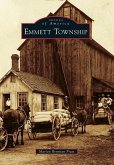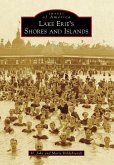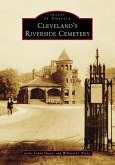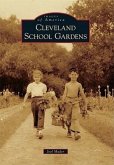A Crowded Hour: Milwaukee During the Great War examines the social, political, and economic challenges that scarred and dramatically changed the city during and after World War I. Pro-war patriots considered Milwaukee's loyalties doubly suspect because of its large German-American population and strong Socialist Party. Consequently, Milwaukeeans endured intense efforts, some bordering on the paranoid or absurd, to enforce 100 percent Americanism and redeem the city's reputation. But the hand-wringing was unnecessary, as city residents exceeded every government wartime demand. Other developments heightened the intensity of this "crowded hour." Simmering ethnic tensions, skyrocketing inflation, as well as loftier questions regarding the meaning of American citizenship or the impact of a growing government bureaucracy affected every aspect of people's lives. Patriotic women stepped into male-dominated occupations to meet labor demands; at war's end, many reluctantly returned to traditional gender roles. Furthermore, the war advanced three long-debated social crusades: women's suffrage, prohibition, and anti-prostitution/venereal disease efforts. Capping things off, the 1918 Spanish Flu pandemic killed more than 1,100 Milwaukeeans and 50 million people world-wide.
Hinweis: Dieser Artikel kann nur an eine deutsche Lieferadresse ausgeliefert werden.
Hinweis: Dieser Artikel kann nur an eine deutsche Lieferadresse ausgeliefert werden.
